What do you think?
Rate this book
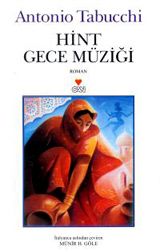

112 pages, Paperback
First published January 1, 1984
”As well as being an insomnia, this book is also a journey. The insomnia belongs to the writer of the book, the journey to the person who did the travelling. All the same, given that I too happen to have been through the same places as the protagonist of this story, it seems fitting to supply a brief index of the various locations. I don’t know whether this idea was prompted by the illusion that a topographical inventory, with the force that the real possesses, might throw some light on this Nocturne in which a Shadow is sought; or whether by the irrational conjecture that some lover of unlikely itineraries might one day use it as a guide”.

He laughed cruelly and pointed his forefinger at me. ‘Xavier doesn’t exist,’ he said. ‘He’s nothing but a ghost.’ He made a gesture that took in the whole room. ‘We are all dead, haven’t you realised that yet? I am dead, and this city is dead, and the battles, the sweat, the blood, the glory and my power, all dead, all utterly in vain.’
‘No,’ I said, ‘there is always something survives.’
‘What?’ he demanded. ‘His memory? Your memory? These books?’

‘Pessoa said he was a gnostic,’ I said. ‘He was a Rosicrucian. He wrote a series of esoteric poems called Passos da Cruz.’
‘I’ve never read them,’ said my host, ‘but I know something of his life.’
‘Do you know what his last words were?’
‘No,’ he said. ‘What were they?’
‘Give me my glasses,’ I said. ‘He was very shortsighted and he wanted to enter the other world with his glasses on.’
My host smiled and said nothing.”


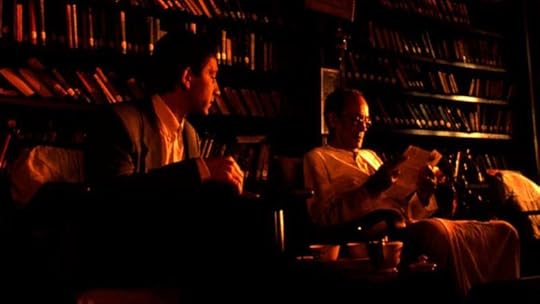
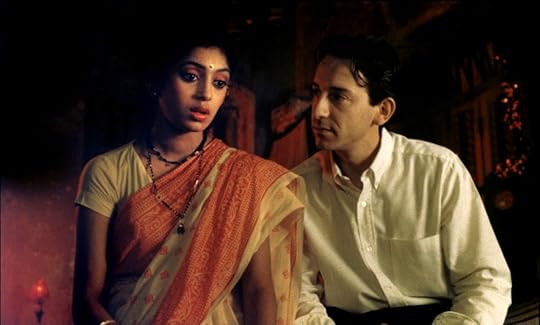
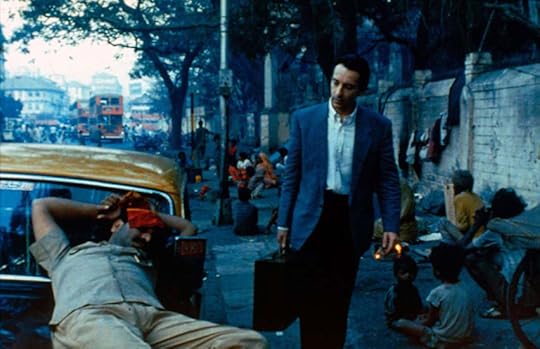

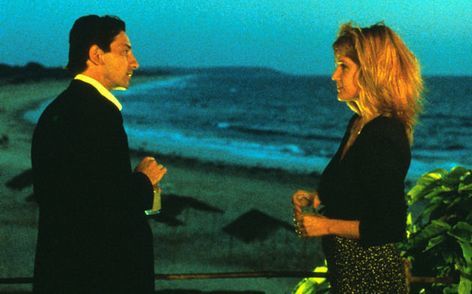
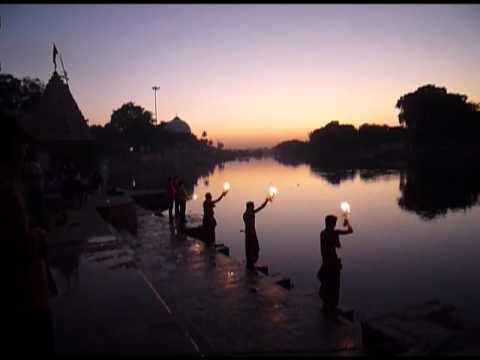
"E allora me lo racconti un po' meglio!".
"Va bene", dissi io, "comincia così, che lui arriva a Bombay, ha l'indirizzo di un albergaccio dove io stavo una volta e si mette a cercare. E lì conosce una ragazza che un tempo mi ha conosciuto e costei gli fa sapere che io mi sono ammalato, che sono andato in ospedale, e poi che avevo dei contatti con della gente del Sud dell'India. Così lui va a cercarmi in ospedale, che si rivela una falsa pista, e poi parte da Bombay e comincia un viaggio, sempre con la scusa di cercarmi, ma in realtà viaggia per i fatti suoi, il libro è principalmente questo: il suo viaggio.
Fa tutta una serie di incontri, naturalmente, perché nei viaggi si incontrano persone. Arriva a Madras, gira per la città, per i templi dei dintorni, in una società di studi, trova qualche labile traccia mia. E infine arriva a Goa, dove però doveva andare comunque, per motivi suoi".
(...)
"Qui ci sono molti altri incontri", continuai, "lui vaga un po' qua e un po' là, e poi una sera arriva in una certa cittadina e lì capisce tutto".
"Tutto cosa?".
"Oh, beh", dissi io, "lui non mi trovava anche per un fatto molto semplice, perché io avevo preso un altro nome. E lui riesce a scoprirlo. In fondo non era poi impossibile scoprirlo, perché era un nome che aveva a che vedere con lui, un tempo. Solo che questo nome io lo avevo stravolto, camuffato. Non so come c'è arrivato, ma di fatto c'è arrivato, sarà stato un caso fortuito".
"E qual è questo nome?".
"Nightingale", dissi io.
"Bel nome", disse Christine, "vada avanti".
Blind science tills vain colds,
mad Faith lives the dream of its cult,
a new God is only a word,
Don't believe or search,
all is hidden.